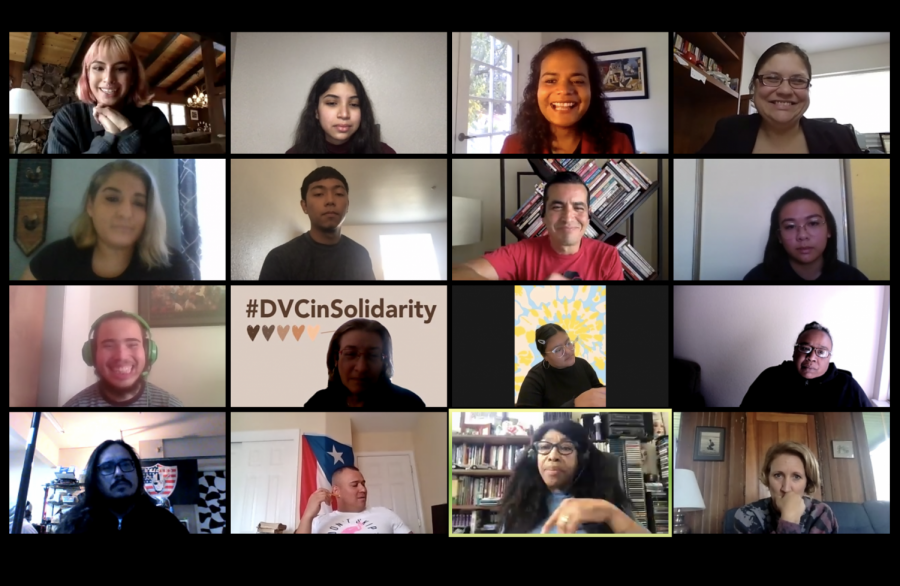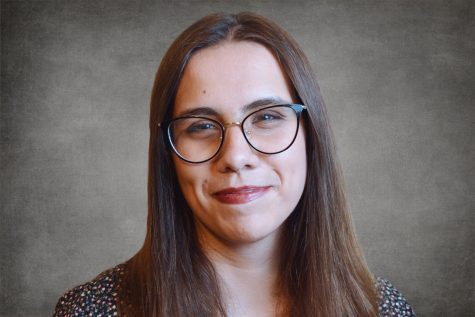4CD student leaders discuss activism and social justice
Nov 20, 2020
4CD student leaders discuss activism and social justice
Student leaders from Contra Costa College, Diablo Valley College, and Los Medanos College gathered virtually Thursday, Nov 19 to speak about their commitment to social justice.
As a part of Social Justice Day, students were asked a variety of questions pertaining to activism, being an activist, and improving campus climate.
Vanessa Ochoa-Gomez, a liberal arts major from CCC, said she isn’t an activist. Instead, Ochoa-Gomez said she sees herself as an advocate, looking for ways to assist her community.
On the contrary, Nicholas Sessions, a psychology major at LMC, said he considers himself an activist, stating that advocacy is a part of activism.
“We’re all advocating for something, and I take pride in it,” he said. “I’m an activist. I’m fighting for something. I’m fighting for a cause, whether that’s the littlest things or the bigger things.”
Many panelists said they come from backgrounds that are impacted by social justice movements and fighting injustice.
Farida Mohammed, a political science major from DVC, immigrated to the United States from Egypt at age 5. Seeing events like the “Arab Spring” – a series of pro-democracy protests starting in 2010 – and the Egyptian Revolution in 2011 helped her understand socioeconomics and oppressive structures in society, she said.
Mohammed said she gained more insight on social justice through Black Lives Matter, a movement that aims to fight police brutality and injustices against Black people in America.
“All of those events really helped shape my perspective,” she said.
Students mentioned the importance of intersectionality: the interconnection of one’s social identities like race, sexuality, and class. Intersectionality falls into social justice, as some individuals face a multitude of injustices because of overlapping social identities.
Sessions, who identifies as Black and bisexual, said these identities define his individuality.
“We’re all intersectional masterpieces,” he said.
When asked about incorporating social justice into education, students said faculty support is essential.
Daniela Morando, a political science major from DVC, said she was scared coming to DVC as a freshman. However, with the guidance of her professor, Albert Ponce, Morando said she felt less intimidated. As a result, she also became involved in the social justice programs at DVC.
Morando currently works as the student assistant for the Social Justice Department and is the president of DVC’s Social Justice Club.
“I feel like if I hadn’t had Dr. Ponce helping me, I probably wouldn’t be doing most of the things that I’m doing now,” she said.
Students added that the implementation of social justice programs creates a sense of validation and support within a campus community.
“It makes students like myself feel more seen and heard,” said Mohammed. “We can move forward and create a more welcoming environment in our schools.”



